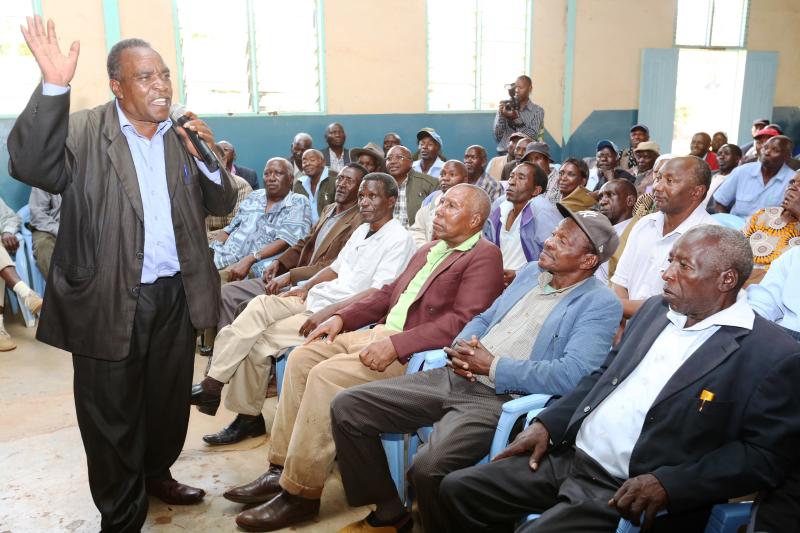×
The Standard e-Paper
Home To Bold Columnists

The legislative output from our National Assembly is worryingly sub-standard. Apart from being rendered functionally impotent by the Executive, the widespread ignorance of the subject matters that MPs legislate on is conspicuous.
Take, for instance, the bill by Moses Kuria that proposes Kenyan coffee cannot be exported in raw form and should only be sold cross-border after it has been roasted, milled, packed and branded.